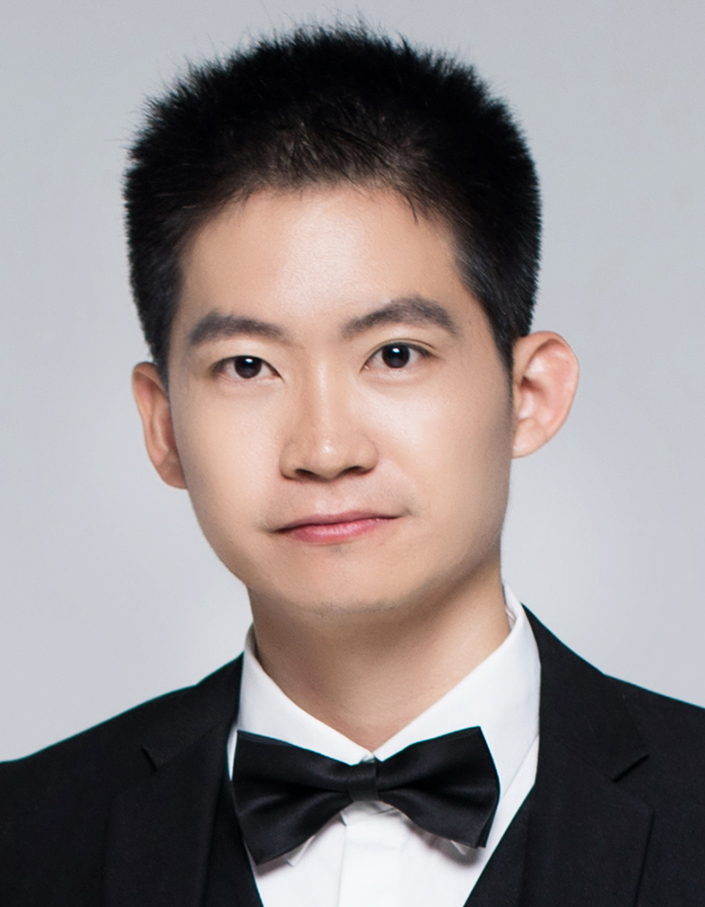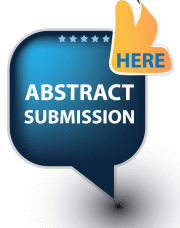
Peisen Huang
Scientist in Sun Yat Sen University, China
Title: Combinatorial Treatment of Acute Myocardial Infarction Using Stem Cells and Their Derived Exosomes Resulted in Improved Heart Performance
Biography
Biography: Peisen Huang
Abstract
Background: Bone marrow mesenchymal stem cells (MSCs) are among the most common cell types to be used and studied for cardiac regeneration. Low survival rate and difficult retention of delivered MSCs in infarcted heart remain as major challenges in the field. Co-delivery of stem cells derived exosomes (Exo) is expected to improve the recruitment and survival of transplanted MSCs.
Methods: Exo was isolated from MSCs and delivered to an acute myocardial infarction (AMI) rat heart through intramyocardial injection with or without intravenous infusion of atrovastatin-pretreated MSCs on day 1, day 3 or day 7 after infarction. Echocardiography was performed to evaluate cardiac function. Histological analysis and ELISA test were performed to assess angiogenesis, SDF-1 and inflammatory factors expression in the infarct border zone. The anti-apoptosis effect of Exo on MSCs was evaluated using flow cytometry and Hoechst 33342 staining assay.
Results: We found that intramyocardial delivery of Exo followed by MSCs transplantation (in brief, Exo+MSC treatment) into MI hearts further improved cardiac function, reduced infarct size and increased neovascularization when compared to controls treated with Exo or MSCs alone. Of note, comparing the three co-transplanting groups, intramyocardially injecting Exo 30 min after AMI combined with MSCs transplantation at day 3 after AMI achieved the highest improvement in heart function. The observed enhanced heart function is likely due to an improved microenvironment via Exo injection, which is exemplified as reduced inflammatory responses and better MSCs recruitment and retention. Furthermore, we demonstrated that pre-transplantation injection of Exo enhanced survival of MSCs and reduced their apoptosis both in vitro and in vivo.
Conclusions: Combinatorial delivery of exosomes and stem cells in a sequential manner effectively reduces scar size and restores heart function after AMI. This approach may represents as an alternative promising strategy for stem cell-based heart repair and therapy.

